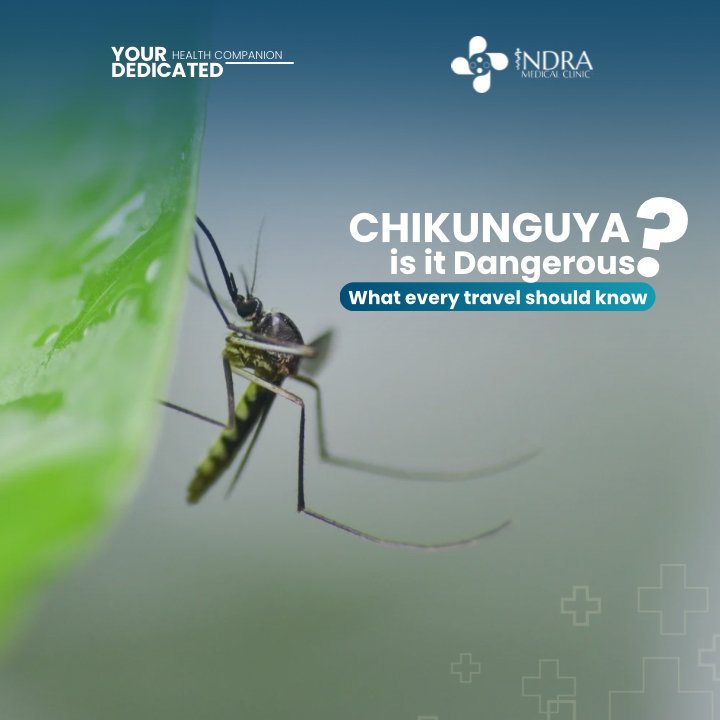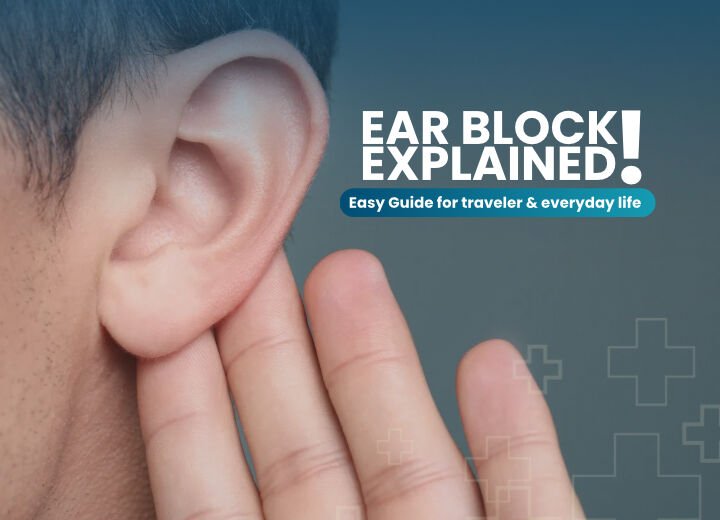What is Chikungunya?
Chikungunya is a viral infection spread by the Aedes aegypti and Aedes albopictus mosquitoes—the same species that transmit dengue and Zika. The word “chikungunya” comes from an African language, meaning “to become contorted,” which reflects the severe joint pain the illness can cause.
Symptoms of Chikungunya
Chikungunya symptoms usually appear 2–7 days after a mosquito bite and may include:
- Sudden high fever
- Intense joint pain (often in wrists, ankles, and knees)
- Muscle pain
- Headache
- Rash
- Fatigue
Most people recover in about a week, but joint pain can linger for months—or even years—in some cases.
Is Chikungunya Dangerous?
- Rarely fatal: Unlike dengue, chikungunya is not usually deadly.
- Long–term effects: The main concern is prolonged joint pain, which can impact quality of life.
- Higher risk groups: Infants, elderly people, and those with existing health problems may develop complications such as eye, heart, or neurological issues.
What Travelers Need to Know
- Protect Against Mosquito Bites
- Apply insect repellent containing DEET, picaridin, or IR3535.
- Wear long-sleeved clothing and light-colored fabrics.
- Stay in accommodations with air conditioning or screened windows.
- Control Mosquito Breeding
- Empty standing water from buckets, bottles, and plant pots.
- Keep your environment clean to reduce mosquito habitats.
- Travel Smart
- Check if your destination has reported chikungunya outbreaks.
- Pack mosquito repellent and protective clothing as essentials.
If you develop fever and joint pain during or after travel, seek medical attention and mention your travel history.
Final Message
Chikungunya may not be as deadly as dengue, but it can cause serious, long-lasting discomfort. For travelers, especially in tropical and subtropical regions, knowing how to prevent mosquito bites is key. Simple precautions not only protect you from chikungunya but also from other mosquito-borne diseases like Zika and dengue.
Safe travels begin with safe habits.



